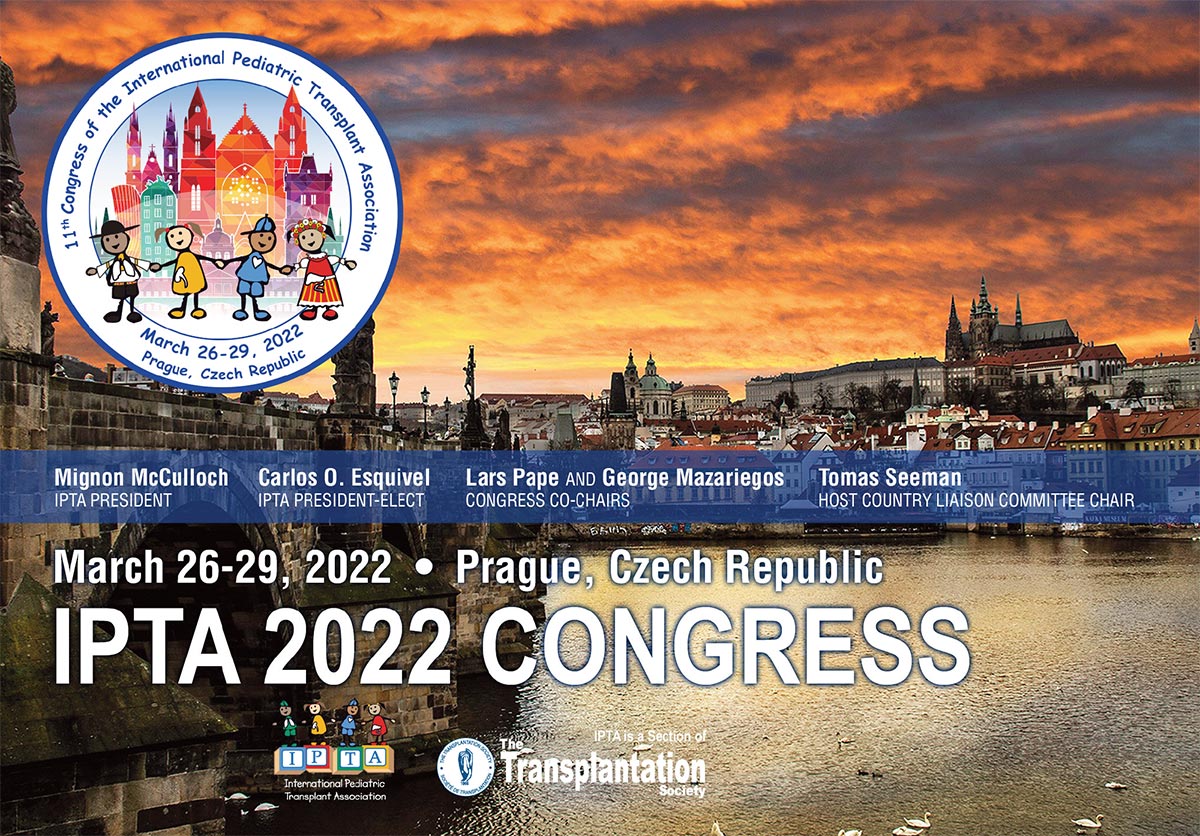
Presidential Message

 Dear Colleagues,
Dear Colleagues,
What a strange year this has been for everyone as we have adjusted to the ‘New Normal’. Not only have we changed the way we work but also how we interact with our loved ones by Zoom, with the commonest comment being ‘Hello? Can you hear and see me?’
We have watched the second wave taking place in the Northern Hemisphere with anxiety and yet, despite this, this strange year does seem to have moved relatively quickly in that it was March, and now it is December already!
It is thus with mixed feelings that we are announcing NEW dates for IPTA 2021: March 26-29, 2022.
We know that many of you are looking forward to meeting, learning and networking in-person, but given the ongoing battle with COVID-19, travel restrictions, closed borders, and quarantining, maintaining the September dates became a logistical nightmare, besides placing the Association at a risk of enormous financial losses.
After lengthy discussions, we have come to the conclusion to postpone the Congress by 6 months. We remain fully committed to putting forth a superb IPTA Congress that can be attended by as many pediatric transplant professionals as possible, in a safe environment.
We are optimistic that the world will stabilize throughout next year so that we can see YOU in Prague in March 2022, where we will make up for lost time!!
Given the success of the Pediatric track at TTS’s Virtual Congress this year, the recordings of these sessions have now been added to the IPTA Homepage. You can access these recordings by visiting www.tts.org/ipta
Many pediatric programs have been carefully continuing with their transplant programs after an initial pause, and there is also an emphasis on vaccinating against influenza in those countries affected by winter (note recent eblast). We have watched COVID-19 vaccines being rolled out in the UK and the USA in the last few weeks to the elderly and to health care workers but no children yet.
On the positive front, we have appointed our new committee members and it is great to have new ideas as the committee teams are already hard at work.
The Communications Committee have sent us an update and we encourage IPTA members to join Twitter and follow us on @IPTAPedsTx as well as our IPTA journal Pediatric Transplantation journal on @pedstransjrnl if you have not already done so!
Our Allied Health and Nursing Professionals committee have completed a second webinar already on ‘Tips and Tricks for Virtual Care in Pediatric Transplant’. We thank them for putting this useful webinar together.
Our ‘Meet the Greats’ in this newsletter include Burkhard Tönshoff as well as Debra Lefkowitz and Jo Wray from our AHNP group.
We are repeating our AHNP Survey on Professional Practice. This survey closes at the end of December. We would really appreciate a few moments of your time to complete this survey if you haven’t already.
Look out for our Literary Review from the IPTA Education Committee.
Keep up to speed with IPTA as we continue our forays into Social Media with an update from the Communications Committee.
We also have an Ethics case study in this newsletter around adherence and the dilemmas of transplant care submitted by the Ethics committee.
We are also repeating the Advocacy for Children in Organ Allocation survey in English and in Spanish this time. This is an international initiative gathering information about Pediatric Transplantation around the world. We would really appreciate a few minutes of your time.
The Publications Committee are once again working on a Peer Mentoring Program. Please take a look at their piece in this newsletter.
We will be informing members shortly of the appointment of new candidates for Councilors and Officers positions beginning May 2021.
Personally, I would like to thank Carlos Esquivel, Anne Dipchand and Lars Pape (the EC), the IPTA Council and all of our Committee members. I would also like to thank Katie Tait, Jennifer Varga, Jennifer Olechowski, Roberto Colarusso and Jean-Pierre Mongeau from TTS, as well as Isabel Stengler and Catherin Parker (our IPTA Congress team at TTS) for their incredible support this year in managing IPTA activities despite all the challenges.
In closing, on behalf of the IPTA Executive, Council and IPTA-TTS support team, we would like to wish you a Happy Festive Season and hope that you all manage to have a bit of ‘down time’ before we start 2021.
Stay safe and thanks for all you do for the pediatric transplant community.
Best wishes
Mignon McCulloch
IPTA President
Contact
Address
International Pediatric Transplant Association
c/o The Transplantation Society
740 Notre-Dame Ouest
Suite 1245
Montréal, QC, H3C 3X6
Canada







 Burkhard Tönshoff, Germany
Burkhard Tönshoff, Germany 





 Debra Lefkowitz, USA
Debra Lefkowitz, USA  Jo Wray, UK
Jo Wray, UK